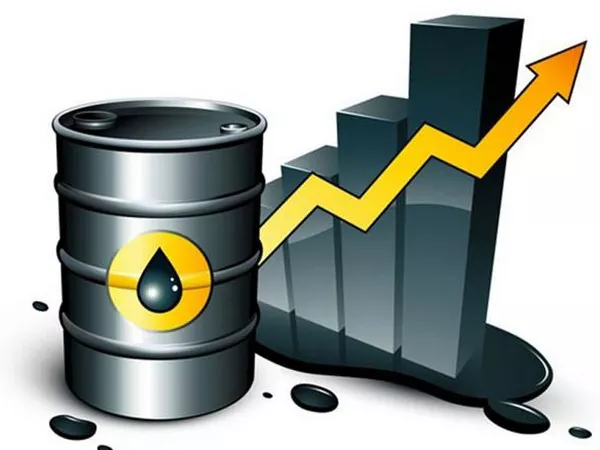Investing in fuel futures can provide individuals and businesses with an opportunity to manage their exposure to fluctuations in fuel prices and speculate on the future price movements of essential energy commodities. Fuel futures are financial contracts that allow buyers and sellers to agree on the purchase or sale of a specific quantity of fuel at a predetermined price and future date. This comprehensive guide will explain the process of buying fuel futures, focusing on essential steps, benefits, and factors influencing the fuel market.
1. Understanding Fuel Futures
Fuel futures encompass various energy commodities, including crude oil, gasoline, diesel, heating oil, and natural gas. These futures contracts play a crucial role in the energy market, providing participants with opportunities to hedge against fuel price volatility or profit from price movements. Fuel futures allow businesses to lock in fuel prices for future consumption, providing price stability and risk management.
2. The Significance of Fuel in the Global Economy
Before delving into fuel futures buying, it’s essential to recognize the significance of fuel in the global economy. As the backbone of transportation and industrial activities, fuel demand is closely tied to economic growth and geopolitical events. Factors such as supply-demand imbalances, geopolitical tensions, weather conditions, and technological advancements influence fuel prices.
3. Benefits of Buying Fuel Futures
Investing in fuel futures offers several benefits to both individual and institutional investors:
a. Risk Management: Fuel futures allow businesses to mitigate the impact of fuel price fluctuations on their operations and budget effectively.
b. Price Stability: By locking in fuel prices through futures contracts, consumers can secure a stable cost for future fuel purchases.
c. Speculative Opportunities: Traders can profit from price movements in the fuel market by buying and selling futures contracts.
4. Choosing the Right Brokerage
To buy fuel futures, you’ll need to open an account with a reputable brokerage that offers access to the commodities market. Choose a brokerage with a strong track record, competitive trading fees, and a user-friendly platform. Ensure that the brokerage is regulated to safeguard your investments.
5. Understanding Fuel Futures Contract Specifications
Fuel futures contracts have specific terms and conditions that govern the trading process. Key contract specifications include:
a. Contract Size: The quantity of fuel represented by one contract (e.g., 1,000 barrels of crude oil or 42,000 gallons of gasoline).
b. Expiration Date: The date when the contract matures, and the delivery or settlement must occur.
c. Tick Size: The minimum price movement allowed in the contract (e.g., $0.01 per barrel of crude oil).
d. Contract Months: Fuel futures contracts are available for various months in the future.
6. Conducting In-Depth Research
Before making any investment decisions, conduct thorough research on the fuel market and its underlying fundamentals. Analyze historical price data, study market trends, and keep abreast of geopolitical developments that may impact fuel prices.
7. Developing a Sound Buying Strategy
Successful fuel futures buying requires a well-defined strategy. Determine your risk tolerance, profit objectives, and preferred trading style (e.g., day trading or position trading). Stick to your strategy and avoid emotional decision-making.
8. Placing Orders and Executing Trades
Once you have a buying strategy in place, it’s time to execute trades. Use the trading platform provided by your brokerage to place orders. Common types of orders include market orders, limit orders, and stop-loss orders.
9. Monitoring and Analyzing Trades
After buying fuel futures, closely monitor their performance. Stay updated on market developments and be prepared to adjust your positions if necessary. Regularly analyze your trades to identify patterns and areas for improvement in your buying strategy.
Conclusion
Buying fuel futures can offer individuals and businesses a valuable tool for managing fuel price risk and capitalizing on price movements in the energy market. Understanding the mechanics of fuel futures, conducting thorough research, and implementing effective buying strategies are essential for successful fuel futures investing. Remember, trading in futures markets carries inherent risks, and it is crucial to stay informed and seek professional advice when needed. Happy investing!


